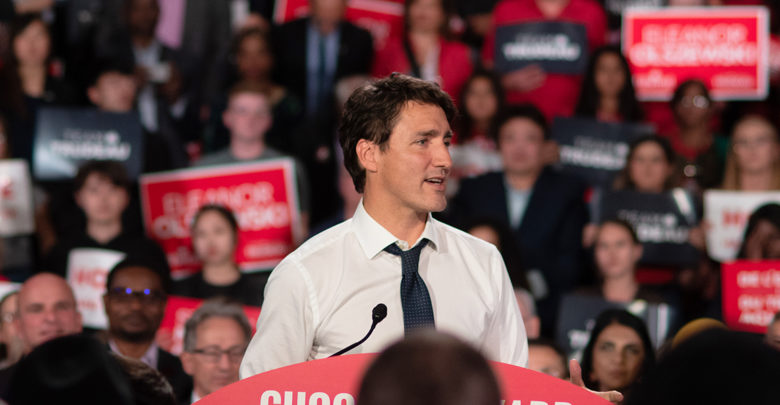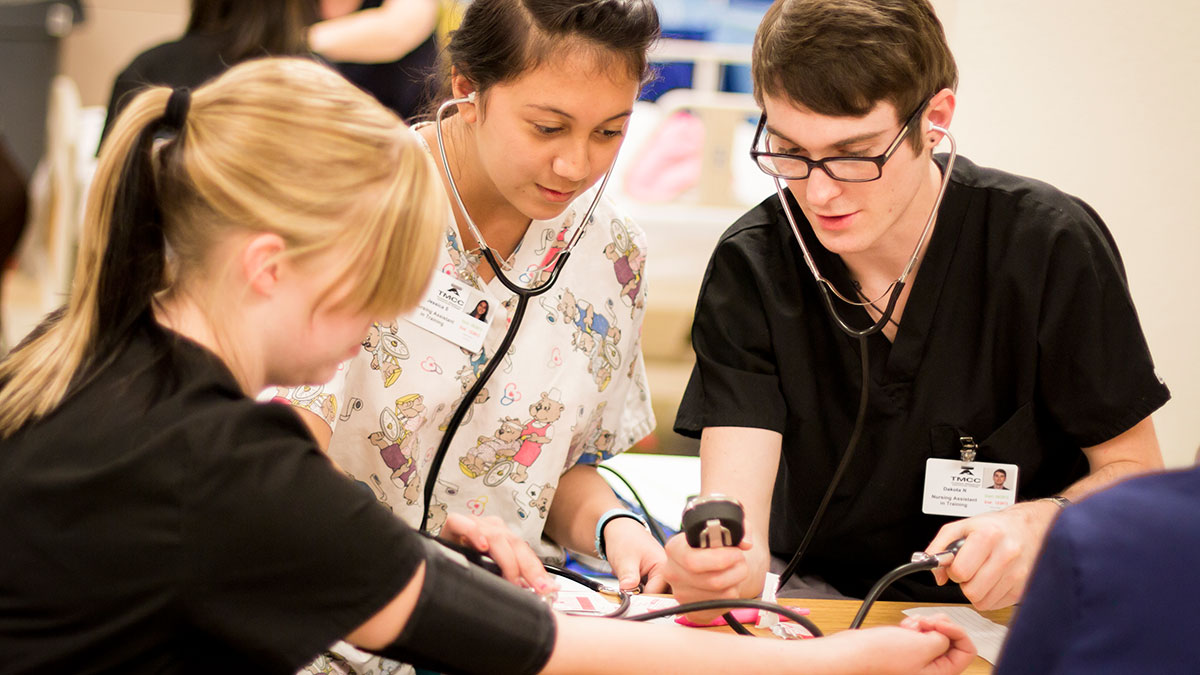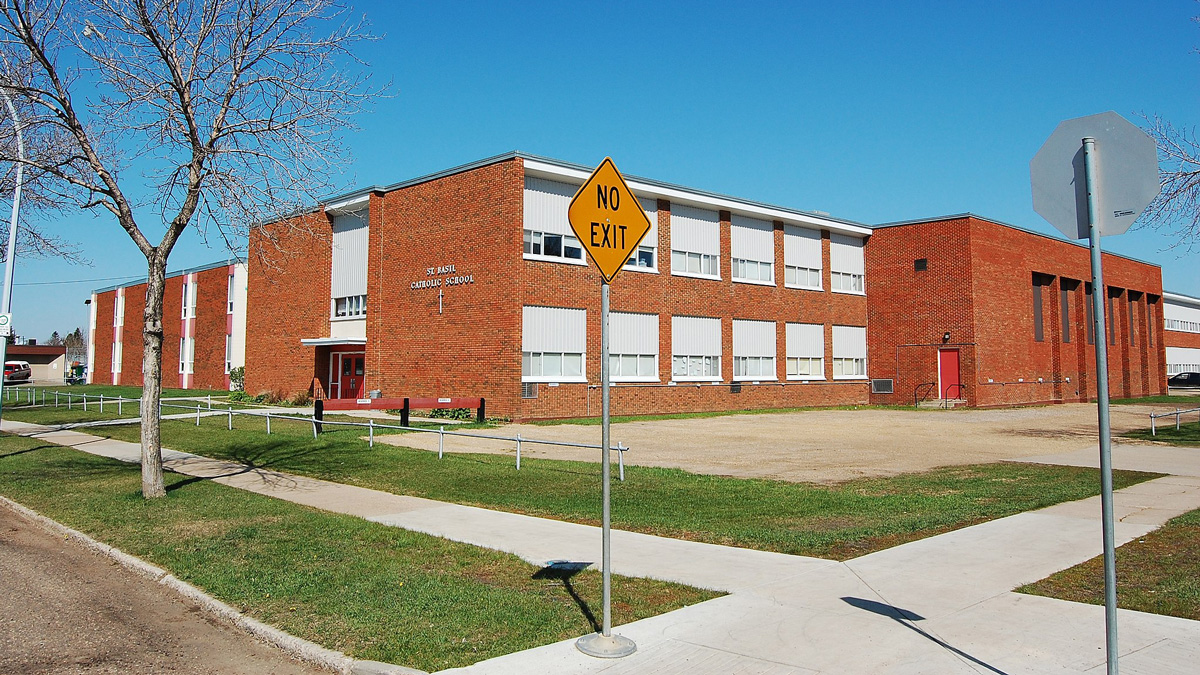 Helen Zhang
Helen ZhangAs we watch the dust settle on the most recent federal election, I think that we should be able to come together as a group and stop fighting each other over tax policy in order to condemn the one thing in politics we can all agree on. The first past the post electoral system fails to address the political needs of Canadians across the country.
Under a first-past-the-post system, there is no need to win a majority of votes in order to form the federal government. Each representative is voted in by the members of their riding from a field of candidates, and whoever gets the most votes represents the riding. For example, if I ran for the Edmonton-Riverbend riding and received just 5 per cent of the vote, I would still get the seat, provided that 5 per cent is more than my competition got.
It’s not hard to see how this system constitutes a failure of democratic practices. Because the votes are only used in one riding, any votes for the losing candidates in that area are basically thrown away. This brings us to the current election.
First, we have a Liberal minority. Not great, not terrible, winning 157 seats with 5,911,588 votes. Then we have the official opposition; the Conservatives, winning 121 seats with 6,150,177 votes.
Yes, you read those numbers right.
Despite collecting almost 250,000 more votes than the Liberal party, the Conservatives won 36 seats fewer. So, as a result of the current electoral system, we are being governed by a party that received considerably fewer votes than the opposition. Given that the Conservatives are unlikely to easily pass any legislation with the Liberals based on the current state of party relations, it effectively means that over six million people will not be represented in parliament.
I’m very frustrated by this system, because it ignores the voice of every non-Liberal voter in Canada. The NDP and the Green Party are also facing similar ramifications this election. 2,845,949 people voted for the NDP across Canada, which is approximately half of the votes that the Liberals got. They won 133 fewer seats. The Green Party, representing 1,160,694 people, got three seats. Three. And yet somehow the Bloc Quebecois, with only slightly more votes than the Green Party, won 32 seats.
By my calculation, there are over 11 million people who didn’t vote for the Liberals. Our Prime Minister was elected to represent all Canadians by just 13,523 people in his own district. This is another symptom of a failing system. When considering new electoral systems, it may be prudent to highlight elections within the political parties and give the public a chance to have a say in their leader in addition to their leading party.
The first past the post system disregards the votes of millions of Canadians. 34.4 per cent of Canadians voted for the Conservatives, so 34.4 per cent of the seats should be Conservative. The people who voted NDP should have 15 per cent of the representation, rather than the 7 per cent they have now.
As it stands, 33 per cent of the voting population is setting the agenda for the entirety of Canada. In an increasingly polarized and divisive political sphere, we would do well to revert to the basics of democracy. The people should be represented proportionally, and no citizen should have to walk away from the voting booth knowing that their vote doesn’t matter.




